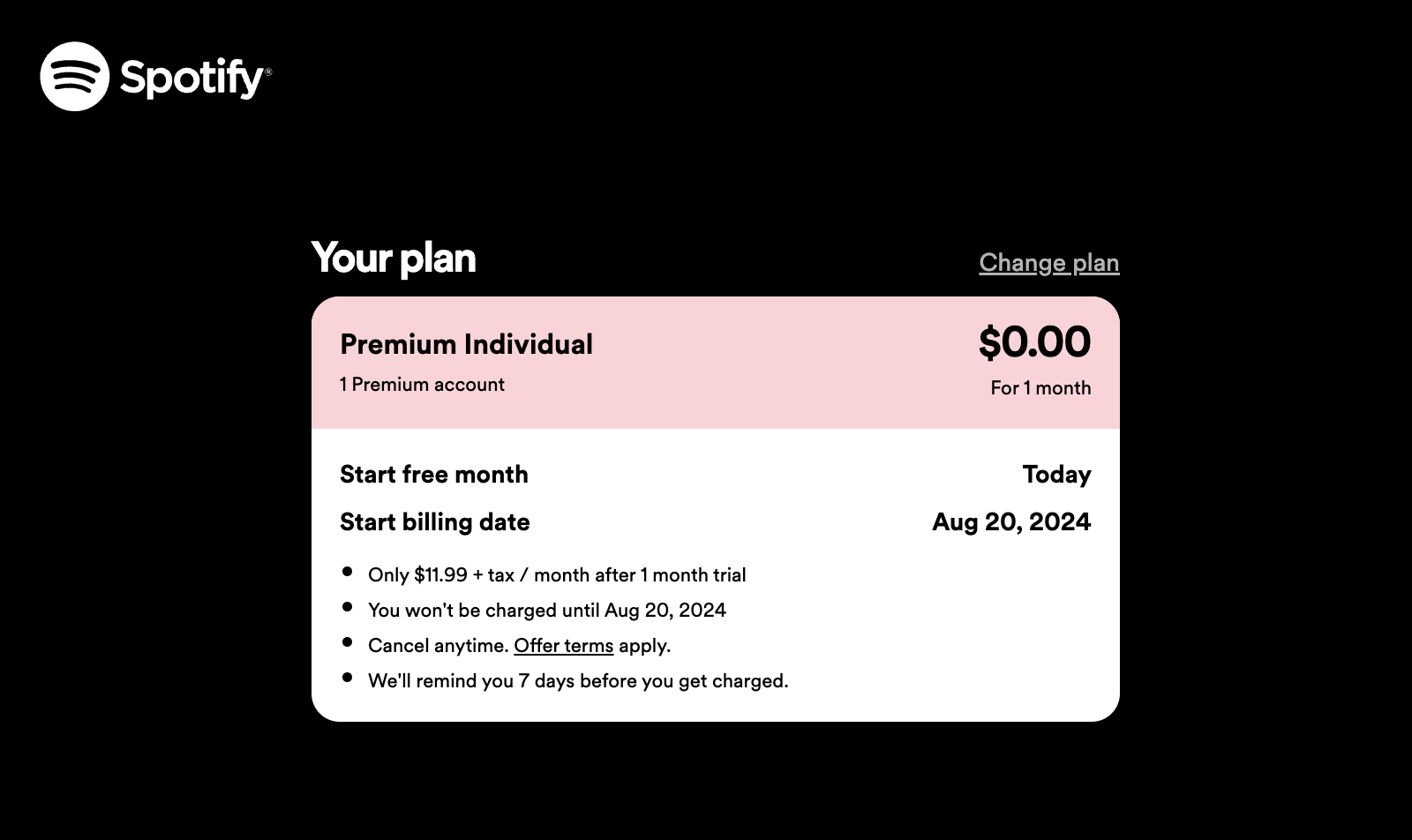New York Automatic Renewal Law - What You Need to Know

New York’s automatic renewal law requires subscription-based businesses to provide easy cancellation and more. Is your business compliant?
With the FTC’s “click to cancel” rule in the news, a lot of attention is being paid to national and state-based regulations of subscription billing and cancellation.
Like similar state statutes, New York’s automatic renewal law (ARL) requires businesses to provide clear disclosures, obtain affirmative consent to subscription billing, and provide easy cancellation. For customers who signed up online, businesses must allow online cancellation.
If your business offers auto-renewing subscription billing options to consumers in New York, the law applies to you (with some exceptions). Read on for the details of how this affects your business.
Disclaimer: The guidance provided herein is for informational and educational purposes only and does not constitute legal advice. Please consult a legal/compliance representative when implementing subscription compliance policies and practices.
No, the law applies only to subscriptions offered to consumers (B2C), not businesses. For the purposes of the law, a consumer is defined as “any individual who seeks or acquires, by purchase or lease, any goods, services, money, or credit for personal, family, or household purposes.”
Overview of the ARL
Modeled after California’s automatic renewal law, New York's law (Section 527-A, General Business, Chapter 20, Article 29-BB) protects consumers in the state from unfair and deceptive practices related to subscription billing. The law was most recently amended in 2023, effective December 13.
In summary, New York’s ARL stipulates that:
Businesses must disclose “clear and conspicuous” terms and obtain “affirmative consent” to automatically-renewing subscription billing plans
Subscription terms must be repeated in a post-transaction acknowledgement that can be retained by the customer
Businesses must provide an easy cancellation mechanism, including online cancellation for customers who signed up online
Businesses must send notices under certain conditions
Let’s look closer at how each of these requirements affects your business.
The New York ARL make exceptions for the following types of businesses:
Any entity, subsidiary or affiliate regulated by the department of financial services
Security system alarm company operators; banks, bank holding companies and affiliates/subsidiaries; credit unions or licensed financial institutions
Sellers and administrators of an insurance service contract
“[A]ny service provided by a business or its affiliate where either the business or its affiliate is doing business pursuant to a franchise issued by a political subdivision of the state”
Subscription signup and the ARL
New York’s automatic renewal law’s chief concerns related to subscription signup are that customers are provided clear and understandable subscription terms and are not enrolled without their explicit consent.
In summary, when offering a subscription, businesses must:
Present offer terms in a “clear and conspicuous” manner before fulfillment
Obtain “affirmative consent” to subscription terms
Send an acknowledgement of the subscription in a retainable form, such as an email
Clear and conspicuous disclosures
The law requires that the terms of automatic renewal agreement be displayed in a “clear and conspicuous” manner, and in visual proximity to the request for consent.

The terms which must be supplied are:
That the subscription will continue until the consumer takes action to cancel
A description of the offer’s cancellation policy
The amount that will be charged
That the amount may change (if relevant), and the amount to which it will change, if known
When the subscription will expire, or if it is continuous (unless the length is chosen by the consumer)
Minimum purchase obligation, if any
According to New York’s ARL, clear and conspicuous means “in larger type than the surrounding text, or in contrasting type, font, or color to the surrounding text of the same size, or set off from the surrounding text of the same size by symbols or other marks, in a manner that clearly calls attention to the language.” For audio, it means in a “volume and cadence sufficient to be readily audible and understandable.”
Additionally, for free trials, the terms must include a “clear and conspicuous” explanation of the price that will be charged after the trial ends.
Affirmative consent
Before charging the consumer, businesses must obtain “affirmative consent” to automatic renewal terms, including those related to any promotional or discounted price for a limited period of time.
Under the law, if affirmative consent is not obtained, the goods or services “shall for all purposes be deemed an unconditional gift to the consumer.”
Subscription acknowledgement
Businesses must also provide a post-transaction acknowledgement in a form that can be retained by the consumer. This acknowledgement must disclose:
Offer terms
Cancellation policy and how to cancel
Notices
The New York ARL requires businesses to send notices under two conditions:
Longer terms - For subscriptions where the initial paid term was a year or more, and the renewal term is for six months or more, notices must be sent 15-45 days before the renewal date reminding customers that their plans will automatically renew unless canceled. (Excluded from this provision: any business, subsidiary or affiliate, regulated by the Public Service Commission or FCC.)
Material changes - In the event of a material change to the agreement, businesses must send a “clear and conspicuous” notice of the change, including how to cancel. This likewise must be in a form capable of being retained by the consumer.
Subscription regulations are constantly in flux. Subscribe to stay up-to-date on the latest compliance developments, churn-prevention strategies and more.
Subscription cancellation and the ARL
Like the FTC’s negative option rule and other state ARLs, New York's law makes easy cancellation a key requirement. (See our comprehensive cancellation compliance guide for more about federal and state regulations.)
When offering subscription billing, a business must provide a “cost-effective, timely, and easy-to-use mechanism,” such as a toll-free phone number or e-mail address. An online cancellation flow is another option.

Additionally, customers who signed up online must be allowed to cancel “exclusively” online.
When allowing cancellation by email, businesses must, as dictated by the law, provide an “immediately accessible termination email formatted and provided by the business that a consumer can send to the business without additional information.”
Get compliant with ProsperStack
For subscription-based businesses, providing easy cancellation isn’t just a best practice, it’s the law. The good news: straightforward cancellation practices are not only great for consumers, but great for business, too. Ready to see what’s possible?
With ProsperStack Retain you can have your new cancellation flow up and running in days, not months. Trusted by brands like Nutrafol, Nestle and Hootsuite, our churn-busting software boasts robust reporting, A/B testing and AI offer optimization to reduce churn 10-39%, all while staying compliant with federal and state guidelines.


